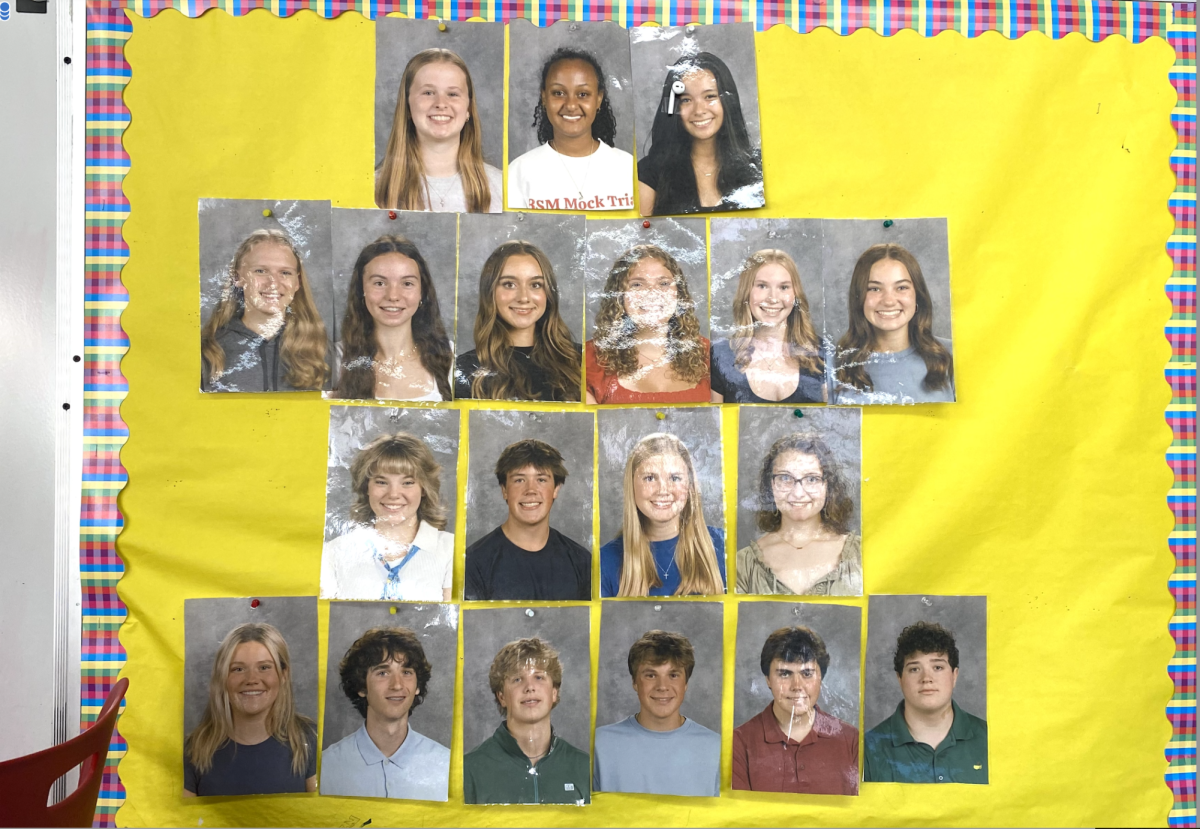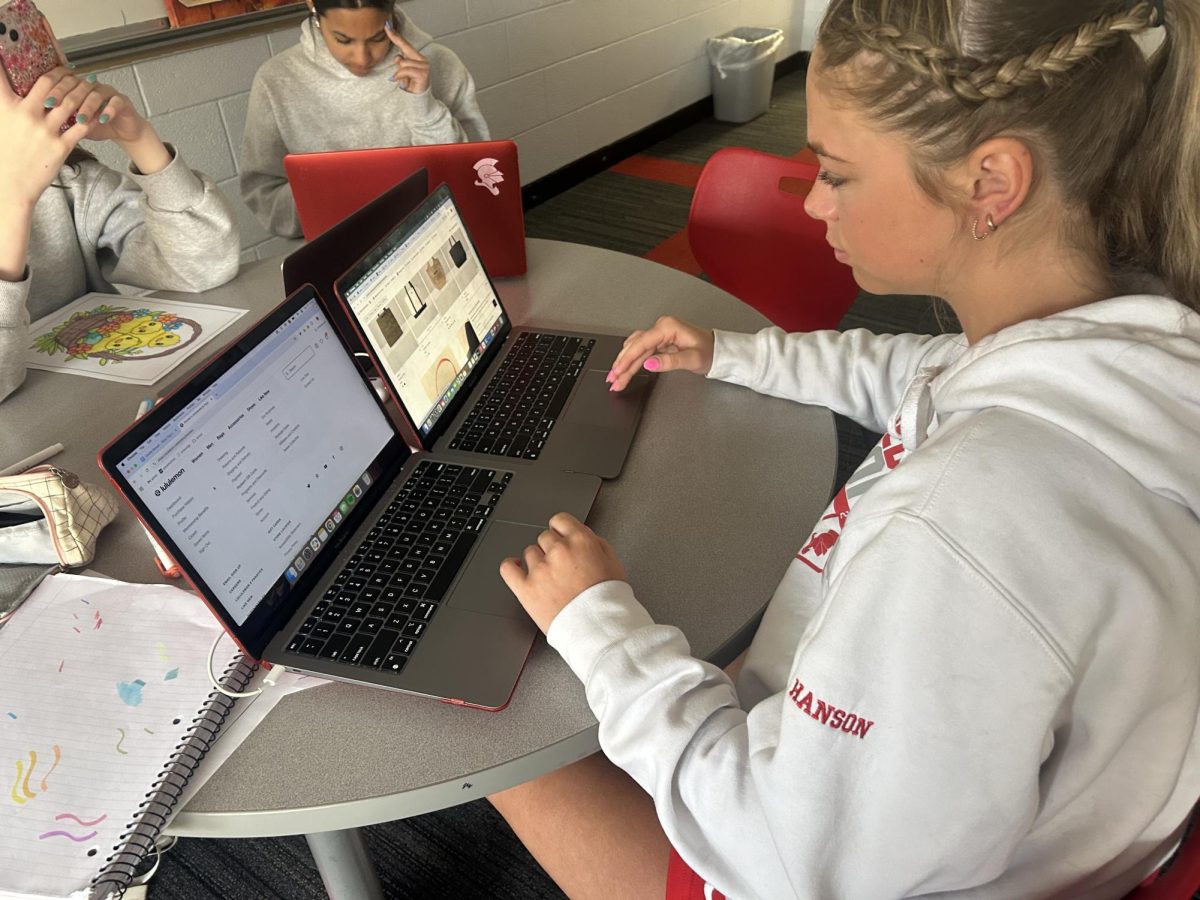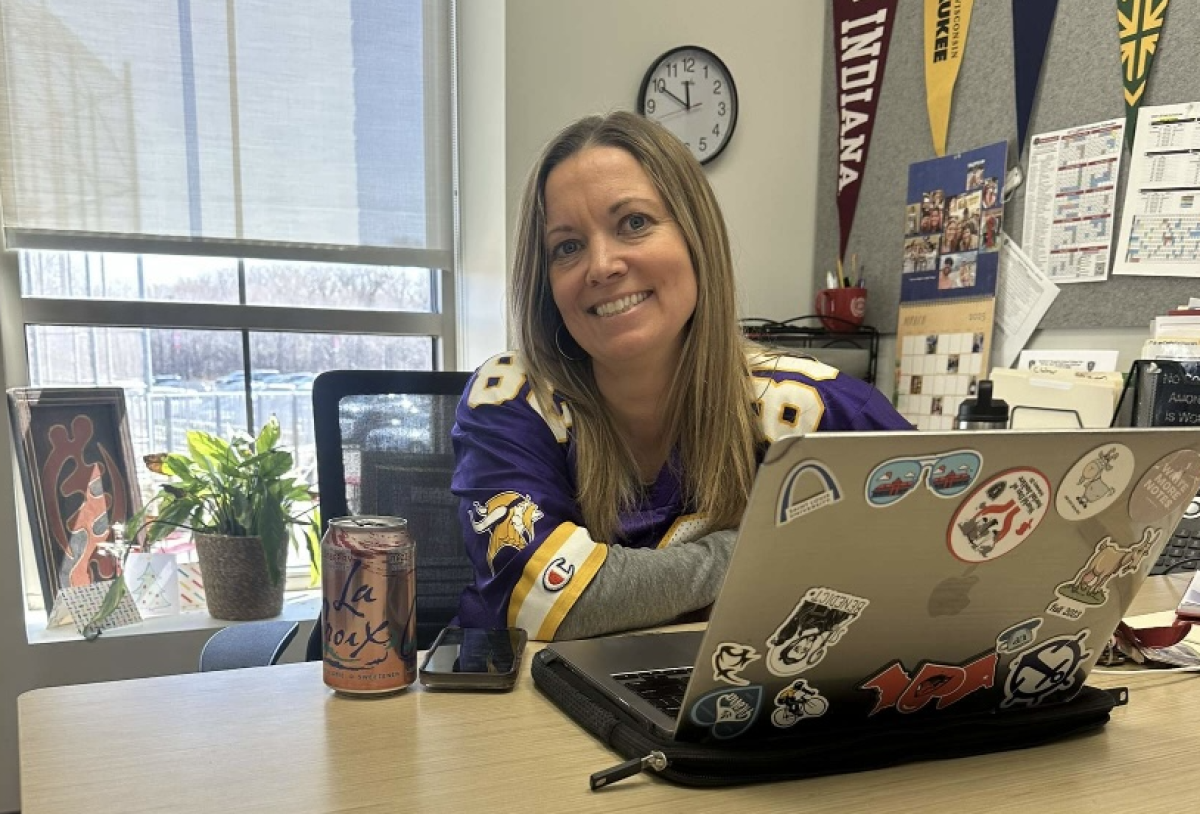The world is rapidly changing every day with new technology and the possibilities of it and music is changing along with it. People can download any song they want within seconds for free, raising the question of whether music is even worth paying for these days.
The acclaimed band Yellow Ostrich, led by Alex Schaff, has released five intimate albums and a handful of quirky yet ambitious EP’s, one being named the “Morgan Freeman EP” (yes, the cover even has a picture of Morgan Freeman). Just recently he recorded a session in the cult music video series “Take-Away Show.”
Schaaf first got attention in the music world by doing the only thing that made sense to him. “I’ve been giving my music away for free [as downloads] since I started; I’ve had a few bands, and it’s been free for all of them,” said Schaaf.
Anybody with an Internet connection can go to Schaaf’s bandcamp website right now and download the band’s entire discography for free within minutes. “When I started it was just kind of a common sense thing, I wanted to send it to my friends and I wanted anyone that wanted to hear it to be able to do it,” said Schaaf, “I had basically no one that cared about my music, so the idea of charging people for it didn’t even enter my mind.”
Even though giving away free music is how Schaaf first got noticed in the indie scene, he is fervently against the new mentality of young bands giving away their music for free, because it can devalues the music tot he listener. “I think that in this age of the Internet, and with thousands of bands trying to be heard, it has become a sort of desperate tactic,” said Schaaf, “The concept of ‘anticipation’… is almost non-existent now. Both because the albums leak earlier than they should, and because with free music, people don’t have to wait to save up money to get an album
Schaaf realizes that at first, he may come off as hypocritical by bashing free music when it’s how his career got a start, but he has come up with a unique solution. “To try and live up to my talk, I deleted all of my music off of my iTunes on my computer, and now I am strictly listening to legal music. Right now that means I’m mostly listening to records, physical records that I bought at a store…And it’s kind of exciting,” said Schaaf.
Schaaf suggests that with the requirement to pay for music comes the opportunity to step up and show what music means to the public. “I’m all for moving forward and embracing new technologies and new ways of listening to and acquiring music,” said Schaaf, “But I don’t think that completely stripping music of its value, that taking something from an artist and giving them nothing in return, is the way to go. I think we have to value music more than that, and if that means owning less of it and not necessarily being able to listen to everything you want to listen to, then that’s how it is.”




































![Teacher Lore: Mr. Hillman [Podcast]](https://bsmknighterrant.org/wp-content/uploads/2025/03/teacherlorelogo-1200x685.png)




